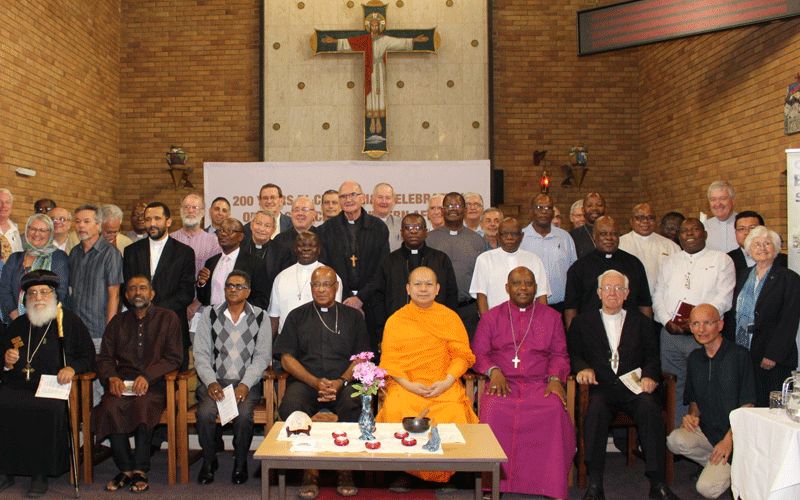Umtata, 06 June, 2020 / 2:30 am (ACI Africa).
Leaders of various Christian denominations in South Africa have, in a collective statement, identified the saving of human life amid COVID-19 as “the main challenge” the people of God in their country are facing and called for a response that is “holistic and humane.”
“The main challenge facing South Africa now is not the issue of legality or rationality (although these are very important and valid principles in our constitutional democracy) but of saving lives, caring for the sick and feeding the hungry,” members of the National Church Leaders’ Consultation (NCLC) in the country have said in their June 5 statement shared with ACI Africa.
They add, “We need to ready ourselves to deal with the peak of COVID-19 and learn from other parts of the world that are experiencing major outbreaks of this pandemic - how to effectively respond to the outbreak in a holistic and humane way.”
According to the Church leaders, “The ultimate legitimacy test for all measures dealing with the impact of COVID-19 is: does it enhance our capacity, efficiency and commitment as a country to care for those most affected: the sick, the hungry and the most vulnerable in our society?”
NCLC is an ecumenical body bringing together religious leaders representing the various Christian denominations in South Africa. These leaders address issues of national interest, including possible solutions to the societal challenges.








